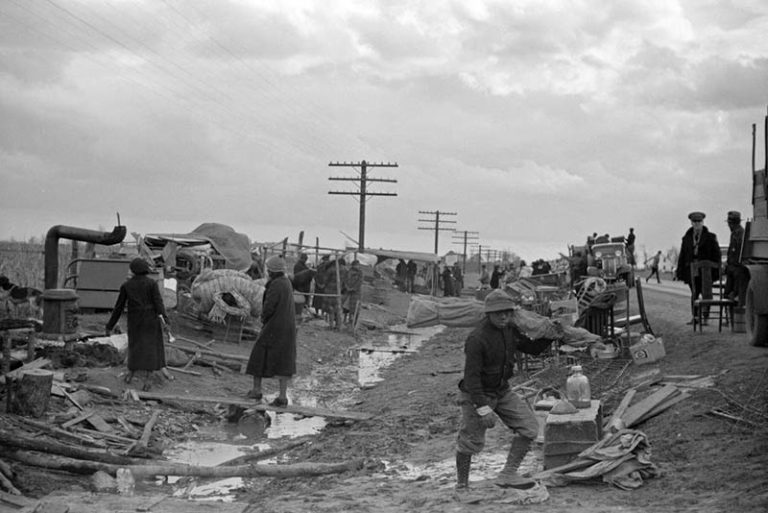
is #BOHH
Black-Owned Hip Hop

Sharecropping the Digital Space: The Massive Cost for Black Creators
Social media platforms are dragging Black people back to a devastating past.
I grew up in The Bronx in the 80s/90s and I’ve always been a city girl. Anyone who grew up in “the city” may confess that we looked down on our southern cousins — slow, backwoods, dark, boring, and hot is how we would characterize our annual pilgrimages to visit family in Virginia, North Carolina, Georgia and Louisiana. And after being bitten by all sorts of strange bugs, we couldn’t wait to get back home to “civilization.”
So, after fleeing the city due to Covid almost a year ago, I’m surprised at my newfound appreciation for our family home in “the backwoods” of rural Virginia. I will even go so far as to say that being here in the midst of this pandemic and national crisis has provided for us a refuge — relatively safe, stable and our own.
You see, our country home sits at the end of a dirt road on 40 acres of sprawling “woods” purchased by my husband’s grandfather, over 80 years ago. The Black men in the community got together to clear the trees with dynamite and assemble by hand the original 4-room stick-built house for his wife, four daughters, and son.
The white man who sold the land to Grandpa tried to buy it back once it was cleared, but he refused. He knew that if he didn’t own his land, his children would not have the privilege of getting an education.
Back then, most black children lived on land owned by white men and were forced to quit school to help their parents farm the land so that the family had room, board and bread. And if the white landowner for whatever reason decided he didn’t need the family anymore (mainly because he had a replacement black family to exploit) the family would be thrown off the land — “without a pot to piss in” as the old folks would say.
It was called “sharecropping” — and it was the only option for millions of blacks who had no recourse after emancipation but to return to the same land they left and work for a pittance as farm-hands for their former enslavers.
Blacks without land who were to poor to leave the South worked with their children on the white owner’s plantation and remained indebted to him, never accumulating enough to own land themselves. They remained under the constant threat of being thrown off the land at the landowner’s whim with no place to go but over to the next plantation owned by another white man.
Sound familiar?
Fast forward to 2021 and black people are arguably the largest creative force on the internet. I would even argue that the black embrace and adoption of the internet and social media has been the major driver of the explosive growth of YouTube, Instagram, Facebook and Twitter — not to mention Clubhouse and TikTok. (We can break that down another time.)
Yet, despite our impact and contribution to the massive bottom line of these tech behemoths, we own no equity.
We create impactful, compelling content and diligently engage with our followers to proudly demonstrate our clout. But we are always just one IG algorithm change away from losing it all.
And when Twitter arbitrarily decides to shut down your account (Do they ever offer a real explanation?) you are literally cut off — without a pot to piss in. Of course, you can always set up shop and start all over on Facebook, Tik Tok, IG or whatever other platform will give you room, board, and bread to work their land.
We are back to sharecropping. This time, for the new landowners of the day — the social media behemoths…. (ENTER YOUR EMAIL BELOW TO GET THE REST OF THIS ARTICLE)
Felicia Palmer is the co-founder with her husband Steven Samuel of SOHH.com, the iconic, online media brand that trailblazed the internet in 1995 and today celebrates over 25 years of black-owned hip-hop.